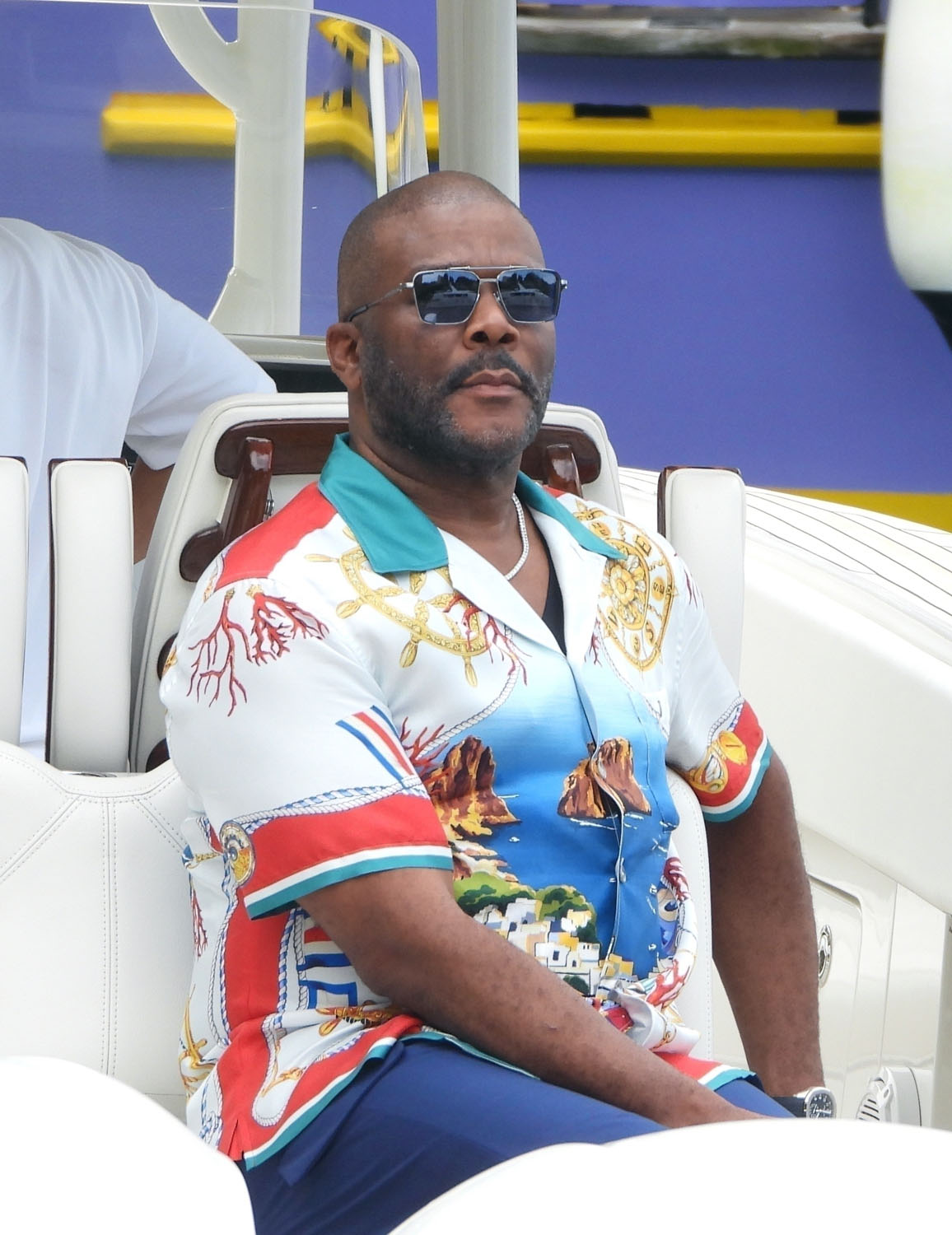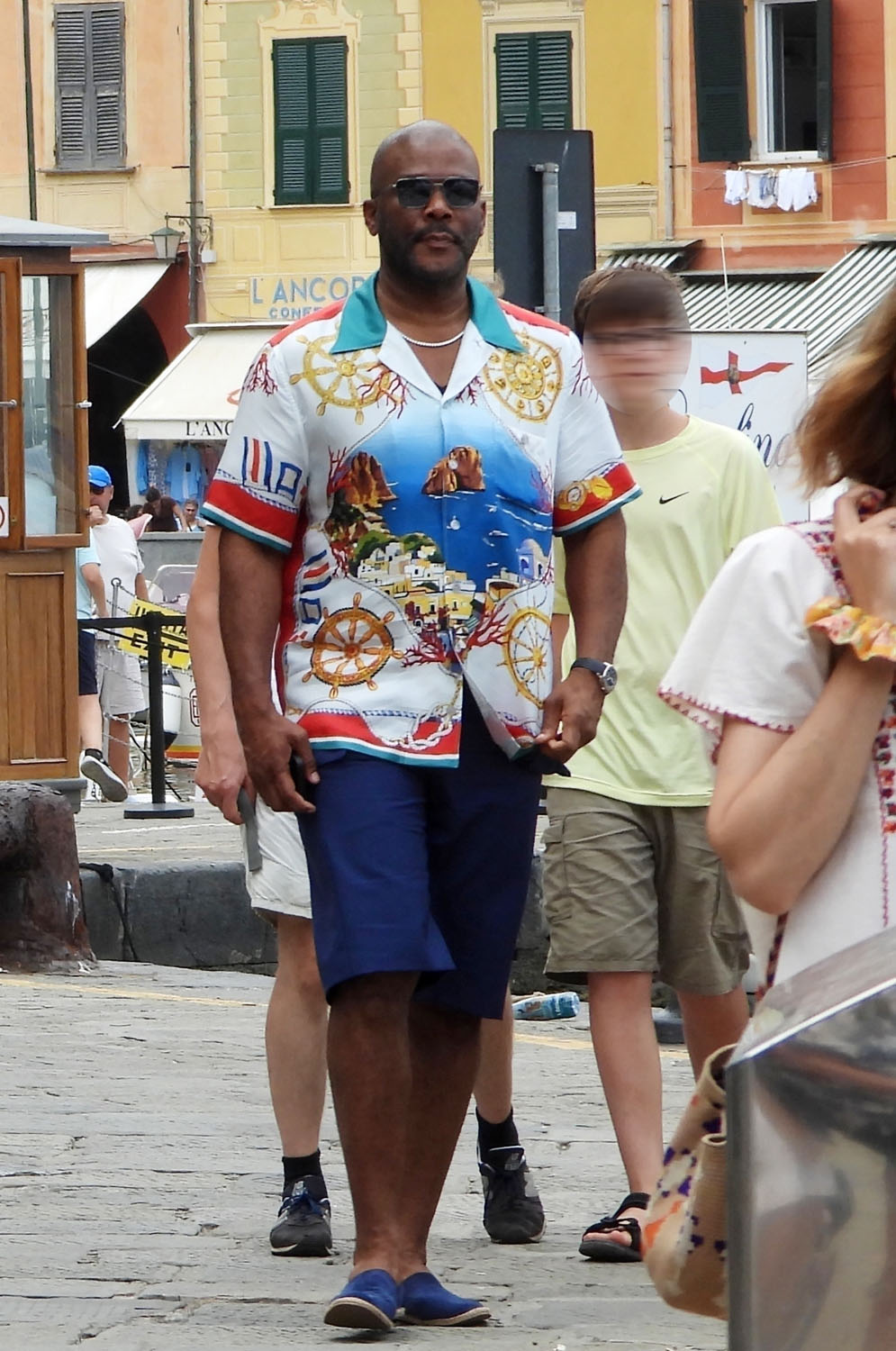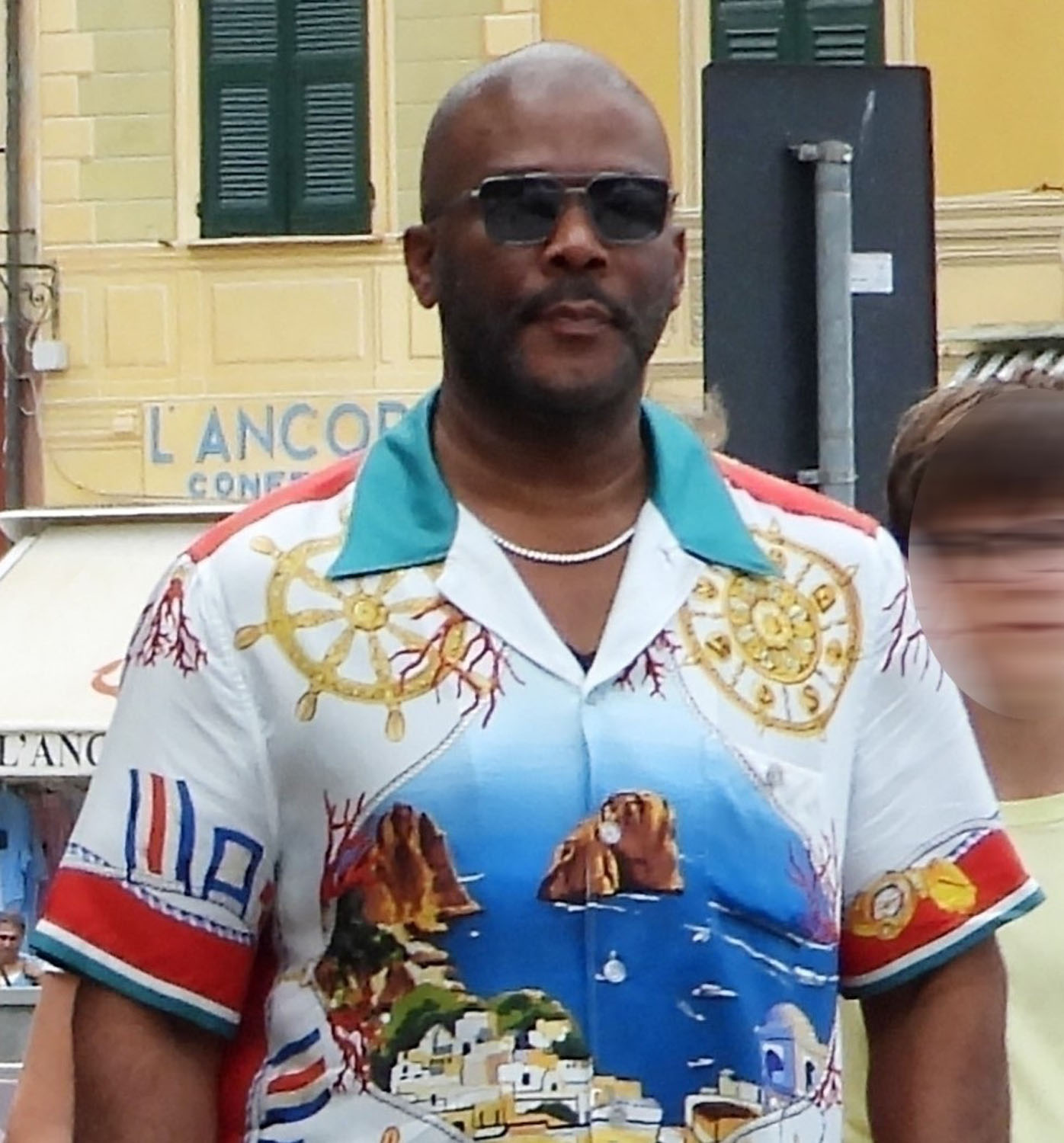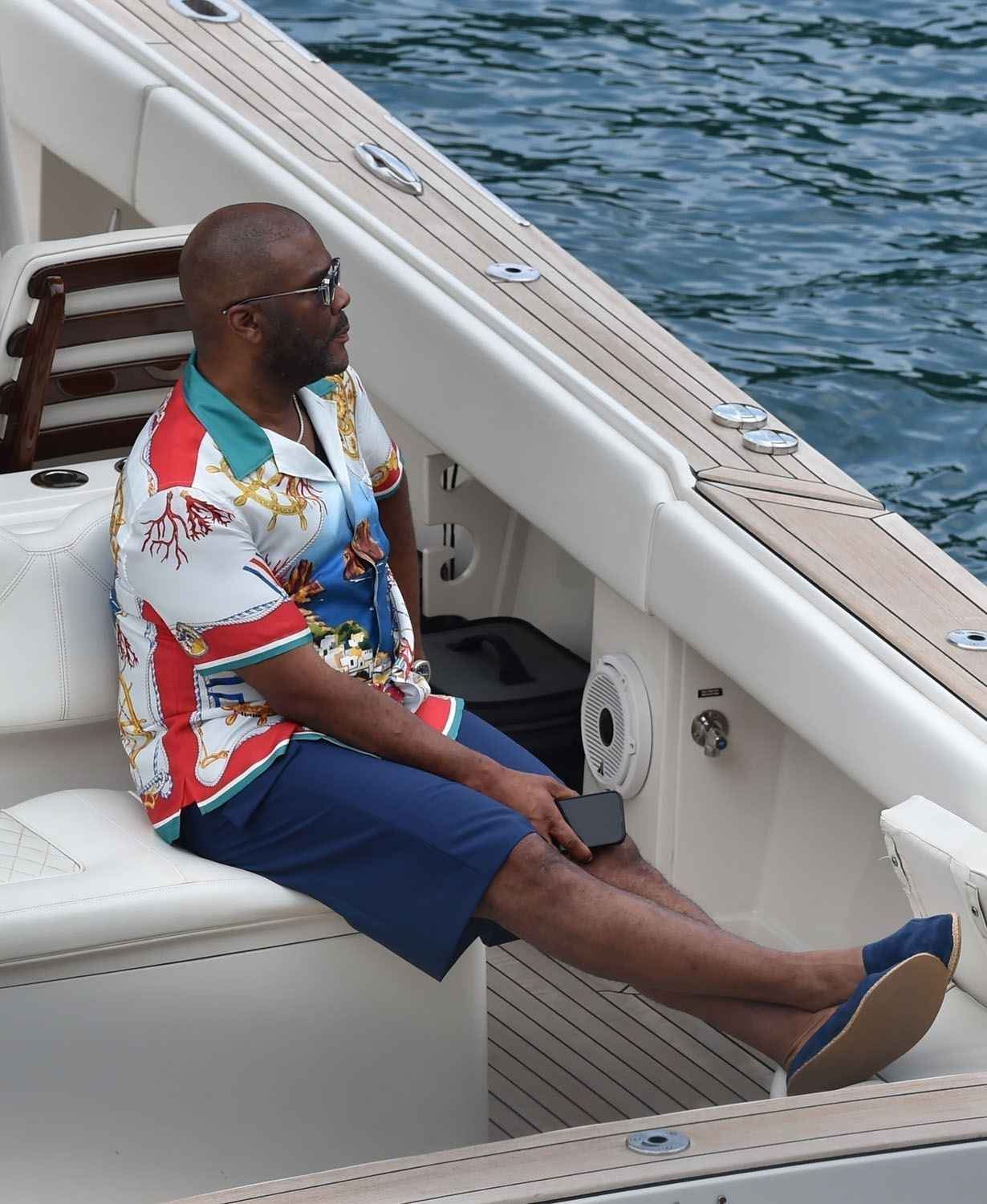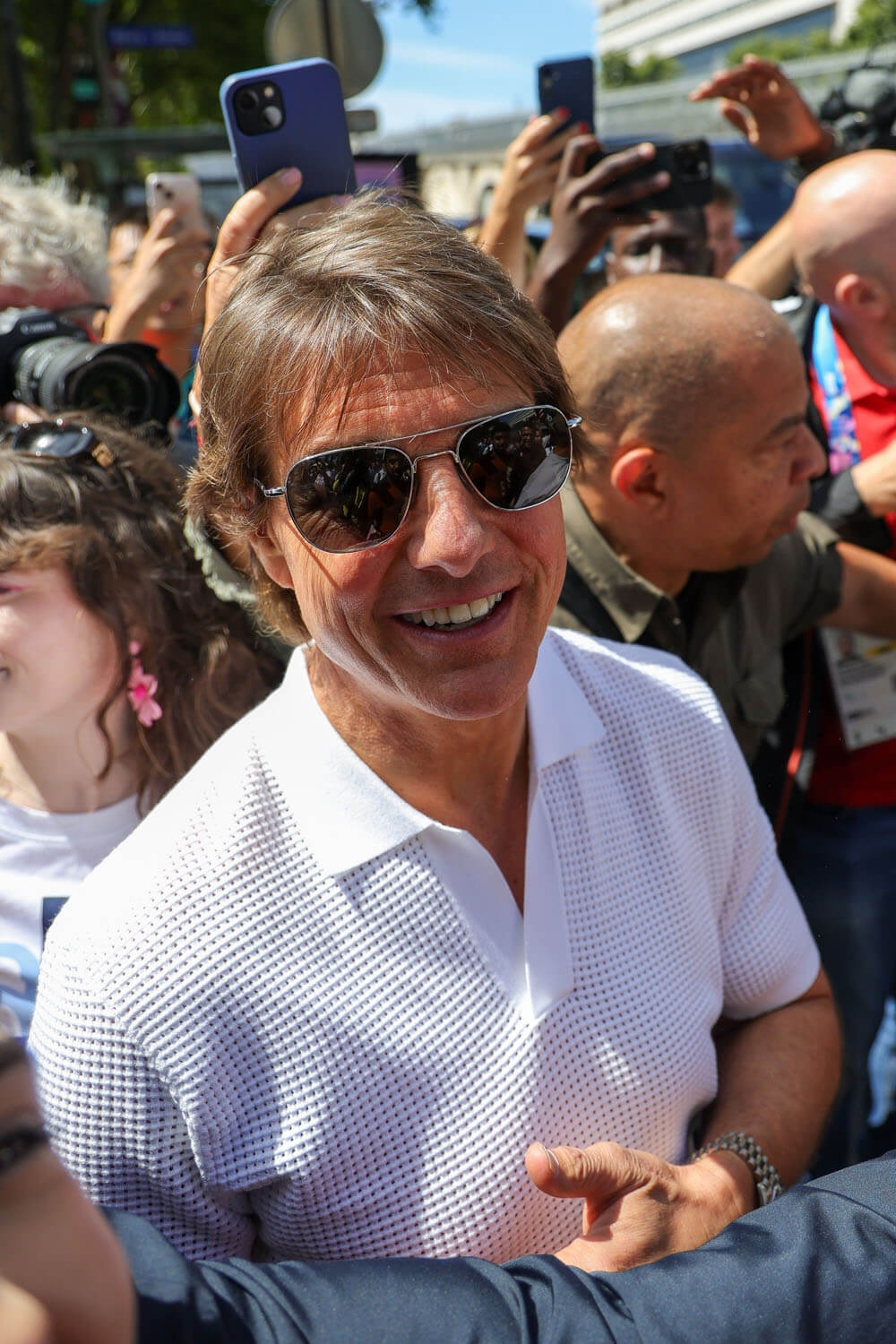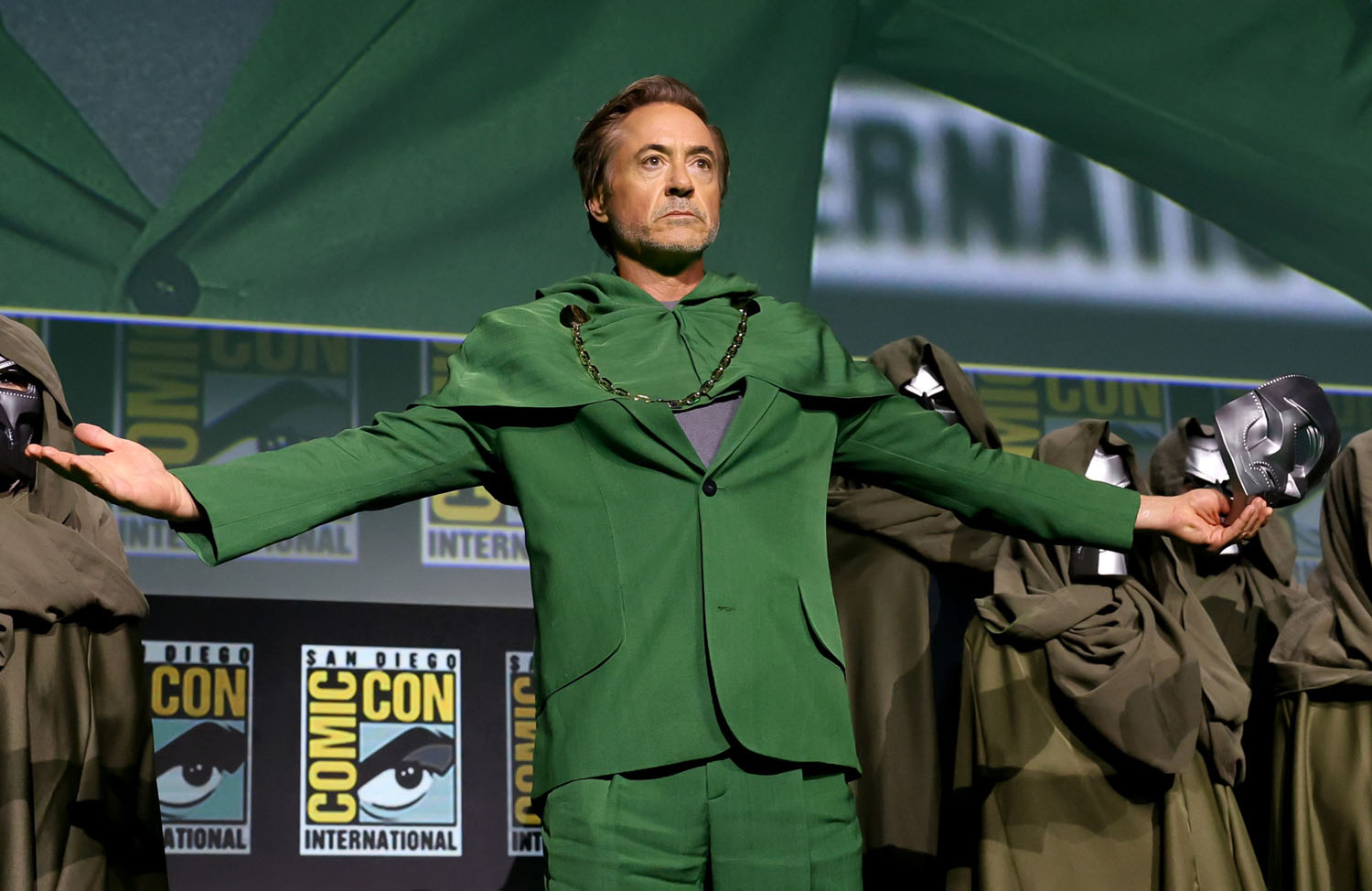The Two Tylers


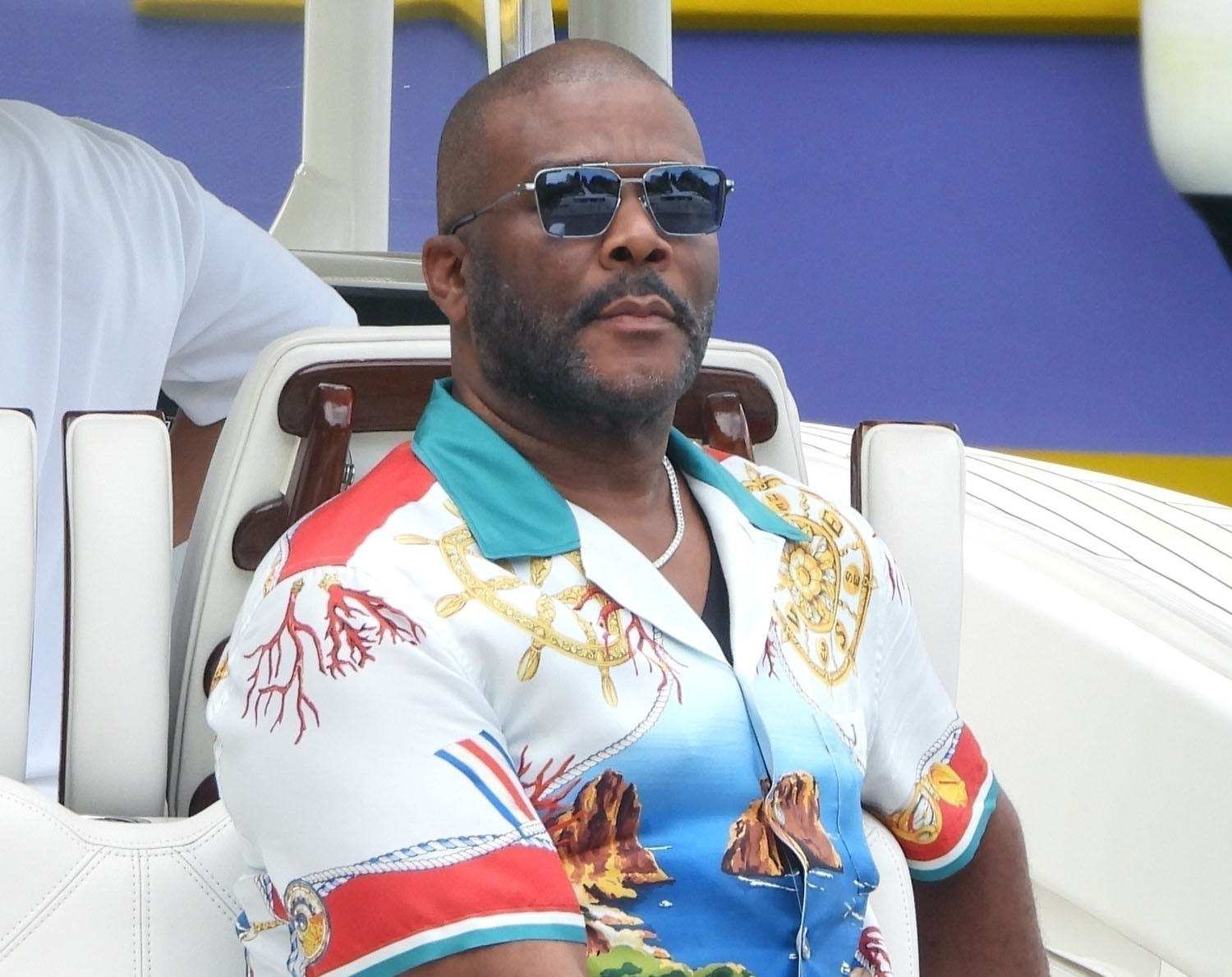
Tyler Perry is responding to the backlash his latest film, Divorce in the Black, received after premiering on Netflix earlier this month.
After watching the movie, which stars Meagan Good and Cory Hardrict, several outlets deemed it Tyler’s ‘worst movie to date’ and content creators are making comical re-enactments of some of the film’s most dramatic scenes.
😭😭this just made me want to watch Divorce In The Black @FriendZonePod @HeyFranHey pic.twitter.com/o8DvSud9Nz
— IM JUST A GIRL (@tiaradanyel_) July 24, 2024
For a lot of people, this was the extent of the criticism – a humorous response to an all-round terrible movie. And the comical re-enactments made for a lighthearted scroll on platforms like TikTok and X. But for others, the criticism, as it has been in the past, went deeper, with people continuing to probe why we continue to see the same detrimental stereotypes in Tyler’s work.
During an interview with Keke Palmer on her podcast, he was asked about the impact the negative responses and criticism has had on him, or whether they’ve had an impact on him at all, and he had this to say:
“Never, no no no. You gotta drown all that out,” he said. “If you let somebody talk you out of a place that God has put you in, you’re going to find yourself in hell. I know for a fact that what I’m doing is exactly what I’m supposed to be doing because for every one that is a critic I have thousands of used-to-be emails from people saying, ‘This changed my life’.”
He then went on to gaslight his Black audience and say that a majority of his fans are ‘disenfranchised’ and can’t just ‘hop in the Volvo and go to therapy’. Then, he called the critics of his movies ‘highbrow negroes’, questioning who they were to decide which Black stories are told. And that seems to have set people off – just as his productions have over the years. We’re going to revisit his response shortly.
Keke can be seen agreeing with the points he’s making enthusiastically. And while she may actually be aligned with his viewpoint, it’s important to remember the ways in which he helped propel her career forward. Keke had notable roles in quite a few of Tyler’s movies. One of her earliest films was Madea’s Family Reunion, which raked in $63 million globally and went on to spawn at least a dozen spinoffs.
In fact, during the podcast, Keke expressed gratitude to Tyler for everything from ensuring there was a “family” environment on set to topping her pay up on the back end after learning that she was the one providing for her family when they didn’t have much to live off:
“I really wanted to point that out because that’s not something that people are always doing, and that was very early on in my career. I was no big name or anything like that. It was not necessarily something that was my birthright, but for that to happen in that movie and for it to have been such a success — that extra money, what it did for my family...”
There’s almost a sense of desperation in Keke, who nods her head so viciously throughout the taping as he makes his points, to get us to see the same man that she knows Tyler to be. The selfless one that shared his platform and his wealth, seeing to it that she and her family were okay.
But in truth, we don’t know him like that. Sure, we may have started off knowing him as a talented actor, writer, and creator, who told Black stories with the right touch of sensitivity and humour. But when it became clear that the advancement of his career was rooted in his anti-union views, the perpetuation of negative stereotypes about Black families and Black women and now, a gaslighting creative incapable of hearing the feedback from the very audience he claims to care the most about, he became a really polarizing figure for his Black audience members – and even fellow creatives like Spike Lee.
All of this is made clear in the story he himself is telling. When he explains that at a point in time, he received thousands of emails from fans who lauded the visibility he provided to them, it’s interesting that he used the term “used to be”. It suggests that he doesn’t get those emails anymore. That could be for a slew of reasons, likely because his email address isn’t for public use anymore. But there have been articles. There have been interviews. There have been visceral reactions on social media. And if any of these things are any indication of the change in sentiment from the public to his work, why is he wilfully ignoring it?
In the same way you can see a trailer for a movie and know it’s an M. Night Shyamalan film, or a Chris Nolan production, you can tell when Tyler Perry is behind something. But in his case, it’s no longer a good thing.
People have grown frustrated with his work routinely telling similar stories about the same, often female protagonist, struggling with money, struggling to find a partner, struggling to get ahead in her career, only to have trouble finding a Black man with similar ambitions should she reach that far. This one-dimensional, inaccurate representation has overshadowed his ability to tell a wide range of Black stories, stories that could also have the power to garner thousands of emails in which the sender lauds him for the visibility it granted their experiences.
But back to that catastrophic response. Through his remarks, Tyler single-handedly gaslit all of his Black audience, no matter the age or socioeconomic status. Because he’s saying that if we’re not dirt poor, if our parents weren’t caregivers for white families like his mother was, if we didn’t grow up and have a hard life, we’re highbrow. He’s telling us that the status quo is essentially poverty – and the reason we don’t appreciate his work is because we don’t understand it.
But the criticism has never been about not understanding it. We understood it, that’s why he got all of those emails in the earlier years of his career. We understood. But natural progression means wanting to see more. That is how some of the longest-running movie series and shows maintain their longevity. We’re simply asking to see more depictions of our community.
When you think of a series like Bridgerton, one of the most remarkable things about that show was the reimagination of history. It was completely beyond the realm of believability, but it was executed in a way that made it seem non-fictitious. This is the creative power that people in positions like Tyler have. The power to reimagine history, the power to present an alternative reality to an audience. Yet instead, we are constantly being bombarded by trauma and hardship, even if there’s a weak, predictable fairy tale ending at the conclusion of his movies.
But perhaps the most noteworthy thing he said in that response was when he posed the question about whether his critics are qualified enough to determine which Black stories are told. Because by that same token, can we not ask – is he?
So how do we reconcile the two Tylers? There's the one Keke knows and loves and the one we’ve come to question and critique. We do it the same way we reconcile other polarizing figures in the Black community, people like Amanda Seales.
The theme of Keke’s episode with Tyler was about the media empire he is building. And with that in mind, we have to think about the consequences of a media empire that at its helm, is founded on damaging, one-dimensional depictions of Black people and Black women, particularly at a time where one of the most significant presidential elections in history is underway.
Whether he is willing to accept it, there is an inherent responsibility that is bestowed upon him. And it’s to make sure that Black stories are being told. A wide range of them, ones that reflect our collective reality and maybe ones that don’t. And to represent us, not just as he sees fit, but in a way that we do, too.

